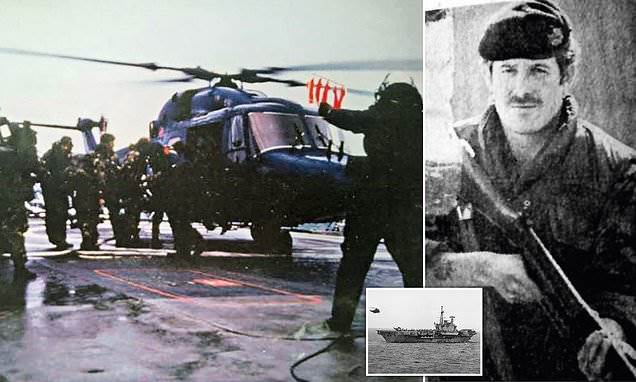
The story of an SAS (Special Air Service) soldier who lost his comrades is one filled with deep sorrow, profound guilt, and a reflection on the harsh realities of military life. Over a decade of service, this soldier attended eighteen funerals for his fellow soldiers, each representing a life cut short, and a brotherhood irreparably altered.

For any soldier, the loss of comrades is a painful experience, but for this particular SAS soldier, the pain was compounded by personal connections with many of those who had fallen.
Three of those who died were not just comrades but close friends with whom he had passed the rigorous selection process and shared countless memories, both in training and in moments of camaraderie outside of duty. The grief was immediate and intense, but like many in the military, he was forced to suppress his emotions, attend the funerals, and then return to work, as the relentless nature of military operations allowed little time for mourning.

One loss, however, stood out above the others and had a profound effect on him. Fergus Rennie, the first SAS soldier killed in Bosnia, was not just a comrade but someone he had personally guided through the selection process. As an instructor, he had seen Fergus's potential and had made decisions that ultimately allowed him to join the SAS. The news of Fergus's death hit him hard, much like losing a child—a powerful comparison that underscores the depth of his emotional attachment.
The article is not finished. Click on the next page to continue.



















